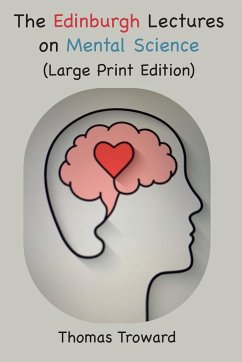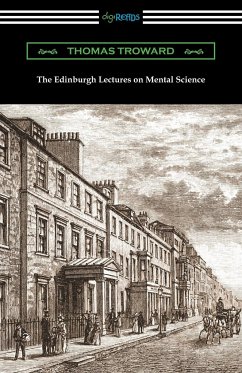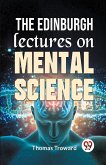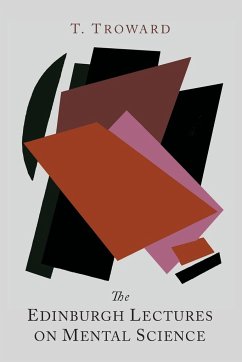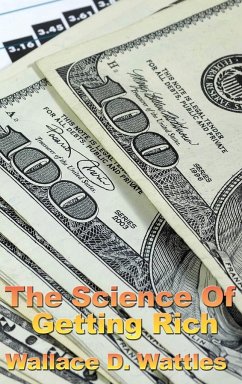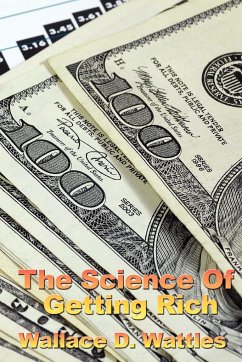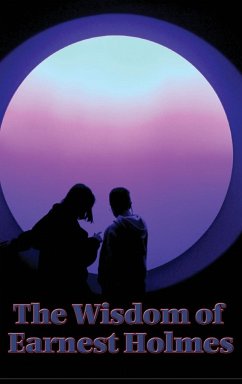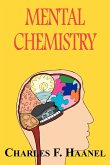Troward was a divisional judge in Punjab in British-administered India. His hobby was the study of comparative religion. After he retired from the judiciary in 1896, Troward set out to apply logic and a judicial weighing of evidence in the study of matters of cause and effect. The philosopher William James characterized Troward's Edinburgh Lectures on Mental Science as "far and away the ablest statement of philosophy I have met, beautiful in its sustained clarity of thought and style, a classic statement." According to Alcoholics Anonymous (AA) archivist Nell Wing, early AA members were strongly encouraged to read Thomas Troward's Edinburgh Lectures on Mental Science. In the opening of the 2006 film The Secret, introductory remarks credit Troward's philosophy with inspiring the movie and its production. Troward was a past president of the International New Thought Alliance. Geneviève Behrend studied with Troward from 1912 until 1914; Behrend was the only personal student he had throughout his life. Bob Proctor credited Troward's works on several occasions and cited The Creative Process in the Individual as the most important in developing an individual's persistence.
Bitte wählen Sie Ihr Anliegen aus.
Rechnungen
Retourenschein anfordern
Bestellstatus
Storno

